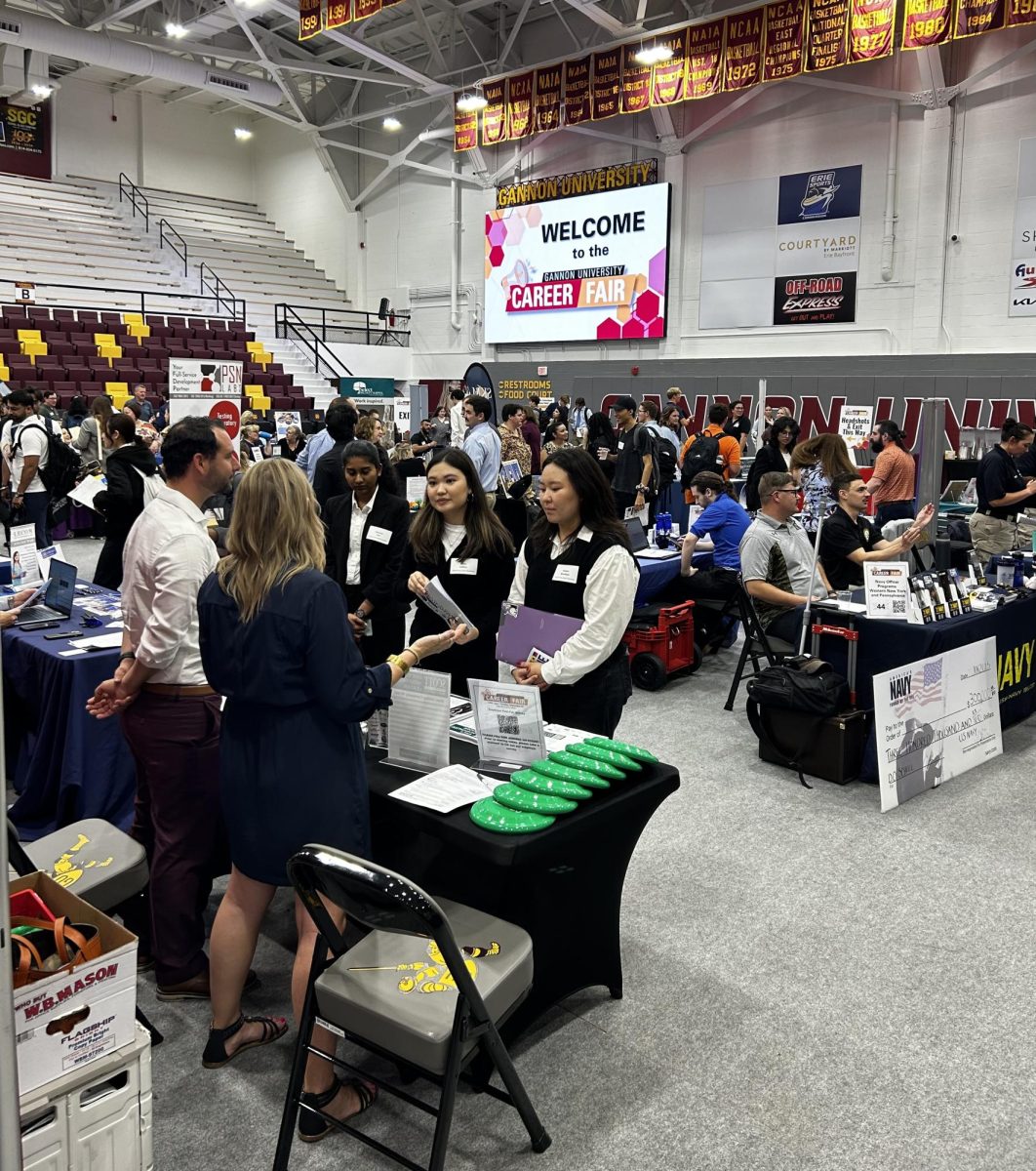By SAMANTHA GRISWOLD
managing editor, news
According to a 2015 study published by the Association of American Universities, 1 in 4 women can expect to be sexually assaulted before they graduate.
In response to this study, a group of three recent college graduates developed an app, Reach Out, to help people access information on sexual assault.
Jack Zandi, Racquel Giner and Billy Sadik-Khan founded a technology company, Capptivation, out of Zandi’s house in suburban Chappaqua, N.Y., in 2014.
“The fact that 1 in 4 college women could expect to be sexually assaulted by the time they graduated astounded us,” Zandi said.
“We identified an opportunity to provide innovative solutions that would help people who have experienced some form of sexual misconduct, who often find themselves confused and unsure where to turn in the aftermath of sexual violence.”
Reach Out has since grown to Reach Out Editions, a more current and expansive version of the original app, which was specially targeted at sexual misconduct survivors on college campuses.
Zandi said that after doing more research on sexual misconduct on college campuses, the team started to explore schools’ websites to see how they handled the problem and found that a lot of schools had their information scattered around in annual security reports, student handbooks, codes of conduct, etc.
With the goal of making all of the information accessible in one place, the team had the idea of creating an app.
“Slowly but surely we came up with what we have now,” Zandi said.
Zandi said that the hope is that the app can help survivors and their friends and family members find crucial information and resources in a way that would eliminate difficulties and frustrations of post-assault research.
“Our belief is that if we can eliminate the inconveniences a survivor would normally have to deal with, then there is a much higher likelihood that they will get the help they need,” Zandi said. “If they are able to do that, then the odds are they will be more likely to report and if they are more likely to report, there is a greater chance the perpetrator will get caught.”
“If there is a higher chance they get caught, then there is a lower chance that another potential victim will be assaulted.”
Currently, the company is partnered with 132 colleges and universities across the country. Gannon is not one of them, though campus-specific information is provided on the free app.
Students are able to access contact information for support services and medical care, options for reporting sexual assault, information on what they can do to be proactive and links to Gannon’s sexual misconduct policy.
Zandi also said that they are beginning to expand their audience by working with high schools and middle schools across the country.
Information on the app for high school students differs slightly from the information for college students.
In addition to information on sexual assault, the app also provides information about issues and topics that high schoolers are faced with, such as alcohol and drugs, eating disorders, suicide and depression, bullying and harassment, sexual health and LGBTQ resources.
Zandi said Reach Out has also partnered with rape crisis centers to create dedicated webpages for college survivors of sexual misconduct, so the advocates can have a better understanding of the resources and procedures in regards to the survivor’s specific school.
SAMANTHA GRISWOLD
[email protected]








